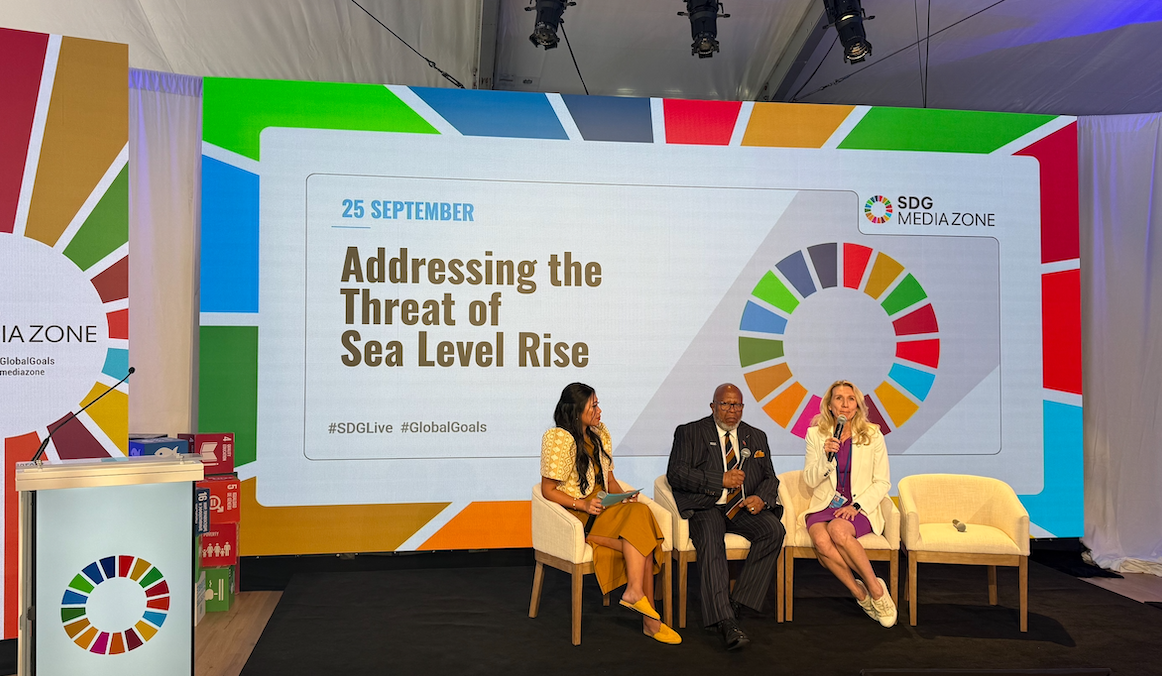UNITED NATIONS – For the first time, the United Nations convened a high-level meeting to address the global threats posed by rising sea levels. Secretary-General António Guterres warned attendees on Wednesday that “rising seas mean a rising tide of misery.”
Nations define themselves by their territorial boundaries. But those participating in the high-level meeting were seeking to update international law to reflect the reality of a warming planet and sinking coastlines. The Permanent Representative of Trinidad and Tobago to the United Nations Dennis Francis described the mood as “one of consensus and solidarity.”
Astudy cited by the IPCC — the UN’s top climate change body — projected that the island nations of Tuvalu, Maldives, Marshall Islands, Nauru, and Kiribati may become completely uninhabitable by 2100. If that projection comes true, around 600,000 citizens will become climate refugees.
Creating a new global consensus is essential to address this crisis, but how does one convince people who live far inland, or climate change deniers, to care about this issue?
Francis described sea level rise as a “hydra” affecting “everything,” far more than just coastal and island communities. Displaced persons, food insecurity, and groundwater salinity are likely to affect much more than the roughly one billion who currently live in low-lying coastal areas.
In an interview with GZERO Media, Dr. Nadya Vinogradova Shiffer — who directs the NASA Sea Level Change Team — offered a simple answer: by using data for “clarity.” Even if someone doesn’t believe they’re sick, a fever doesn’t lie, she told us.
NASA released this
interactive tool using previous tide gauges to predict future sea level rise scenarios through 2150. Spoiler: It’s not good.
